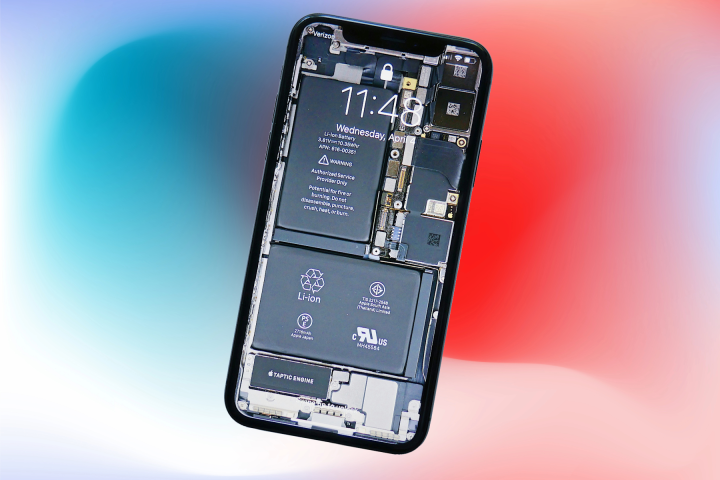Tech
The iPhone 16 Pro Max could redefine smartphone batteries

Apple is reportedly eyeing a major battery upgrade for its next iPhone — one that will not only boost the per-charge efficiency but also pave the way for easier (and hopefully cheaper) repairs. Ming-Chi Kuo, a well-known industry insider for Apple moves and analyst at Tianfeng International Securities, writes in his latest investor note that Apple is making modifications to the iPhone 16 Pro Max’s lithium-ion battery that will increase the energy density.
Battery density is defined as the amount of energy that can be stored per volume, and it is usually measured in watt-hours per liter for an average lithium-based battery, the kind used in smartphones. The benefits of a higher-density battery mean more electrical energy can be put inside a pack, or conversely, the size of the battery can be shrunk without reducing the capacity.
Depending on the materials used to create a higher-density battery, the benefits can also include a longer lifespan, which means reduced need for quick replacement due to chemical degradation that happens with the natural charge-discharge cycle. Notably, Kuo mentions that if Apple is able to achieve mass production of the higher-density battery for the iPhone 16 Pro Max without any inherent issues, it will be used across the entire iPhone 17 series set to arrive in 2025.
While a gain in battery efficiency is a welcome move, especially considering the fact that most consumers value battery life as a crucial parameter before buying a phone, there is another benefit to Apple’s approach. A higher-density battery would also entail adjusting the core design, and in this case, it could be a repairability boon borne out of engineering necessity.
Theoretically, it sounds easy, but according to this research paper published in the journal Energies, “uneven temperature distribution leads to non-uniform and accelerated degradation.” In simpler terms, increasing the density without considering the temperature factor would affect a battery’s lifespan, which means an average smartphone user will have to get a replacement sooner than usual.
To handle the heating issue arising from a denser battery pack, Apple has reportedly decided to use a steel casing for the battery pack for the first time to ensure efficient heat dissipation. Steel is also more resistant to chemical oxidation, so there’s that additional benefit, too. And that brings us to the final perk from this shift.
“The use of a stainless steel battery case also reduces the difficulty of removing the battery, which will help Apple comply with the European Union’s requirements for mobile phone batteries’ replaceability in the future,” notes Kuo. As we explained in our article about how the EU wants batteries to last long and be easily accessible to consumers to allow for easier removal and replacement, Apple is reportedly preparing for that shift.
In a nutshell, the iPhone 16 Pro Max might not only deliver a boost in battery life but could also ease the chore of taking out the battery. That’s great news for DIY enthusiasts, and it would make the task easier for repair experts and might also bring down the costs of availing such services. But do keep in mind that manufacturing high-density is a pricey endeavor and might lead to increased costs that could eventually mean more expensive iPhones.
It is unclear how exactly Apple is increasing battery density, but there are multiple methods to achieve it. Research suggests it could switch to using a more ion-dense electrode material, replace the liquid electrolyte with solid salt, or switch the solvent. This paper, published in the Highlights in Science, Engineering, and Technology journal, gives an overview of the innovation proposals.













